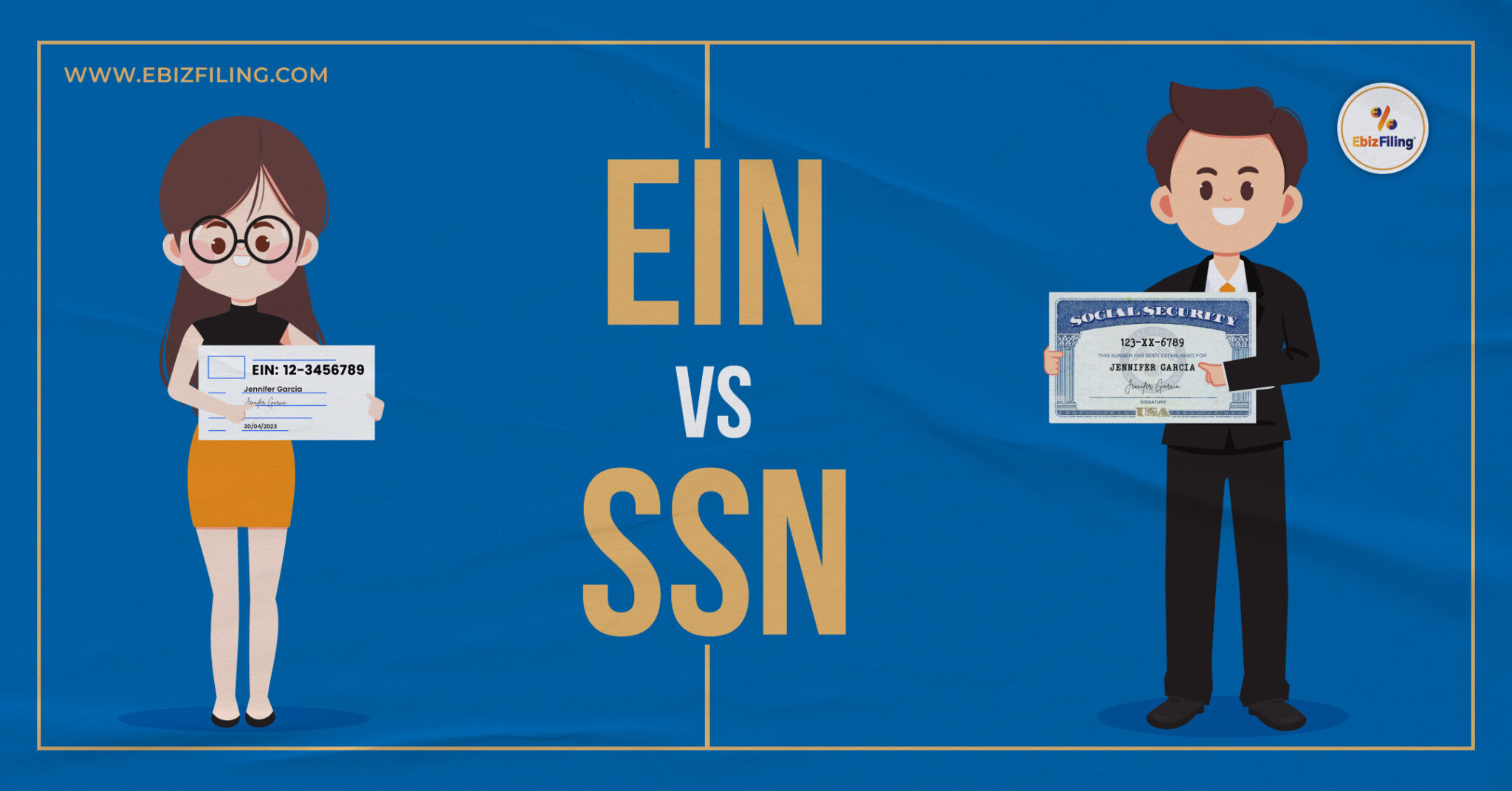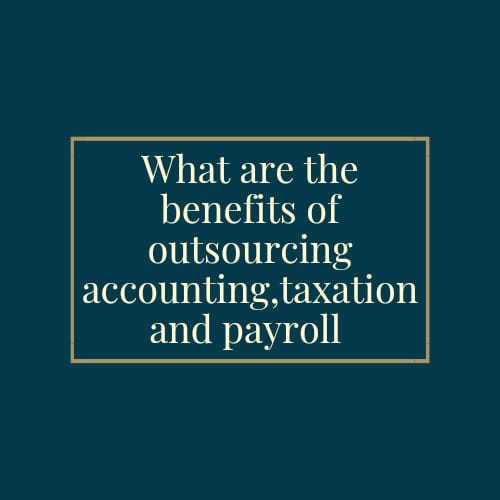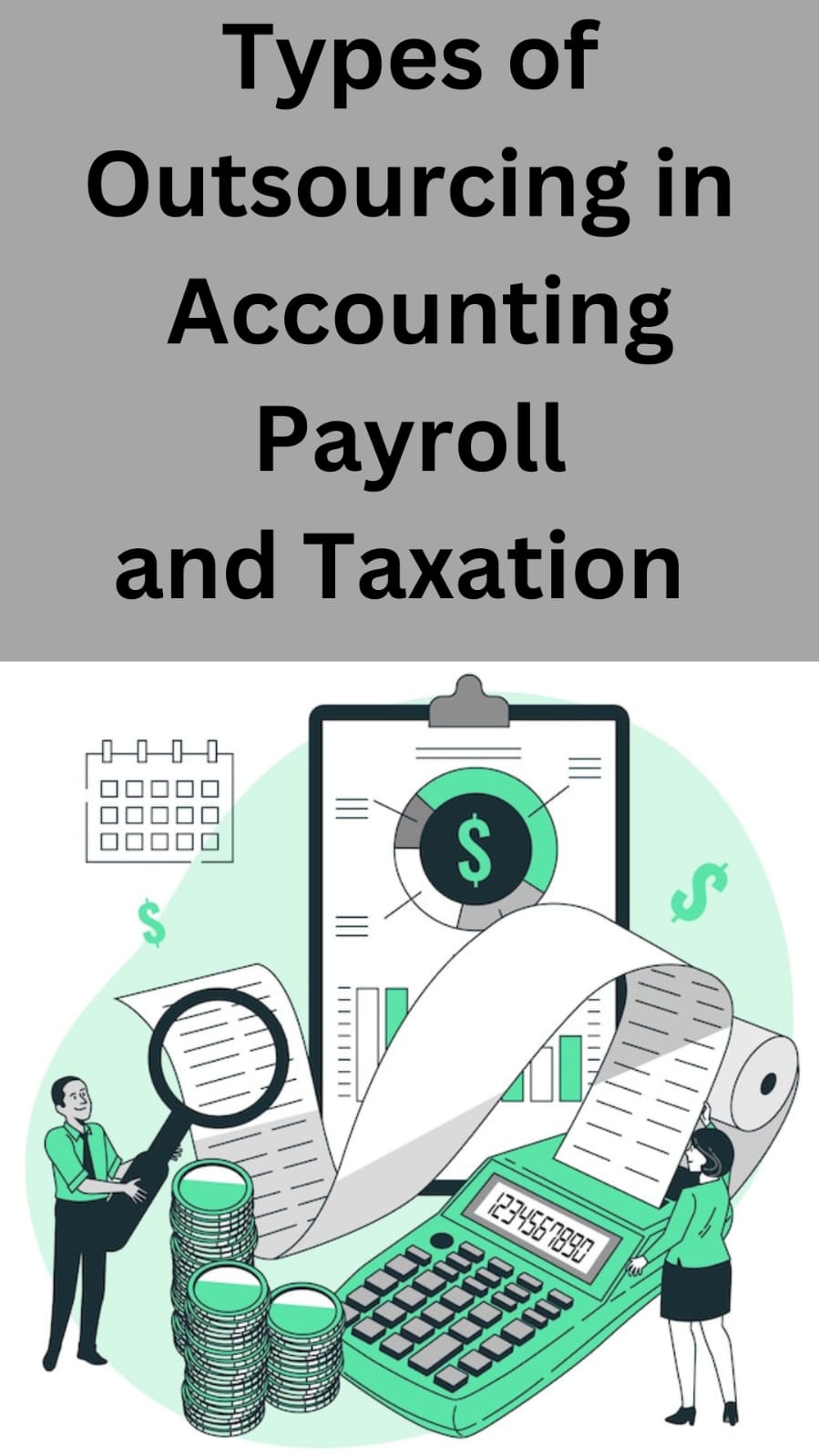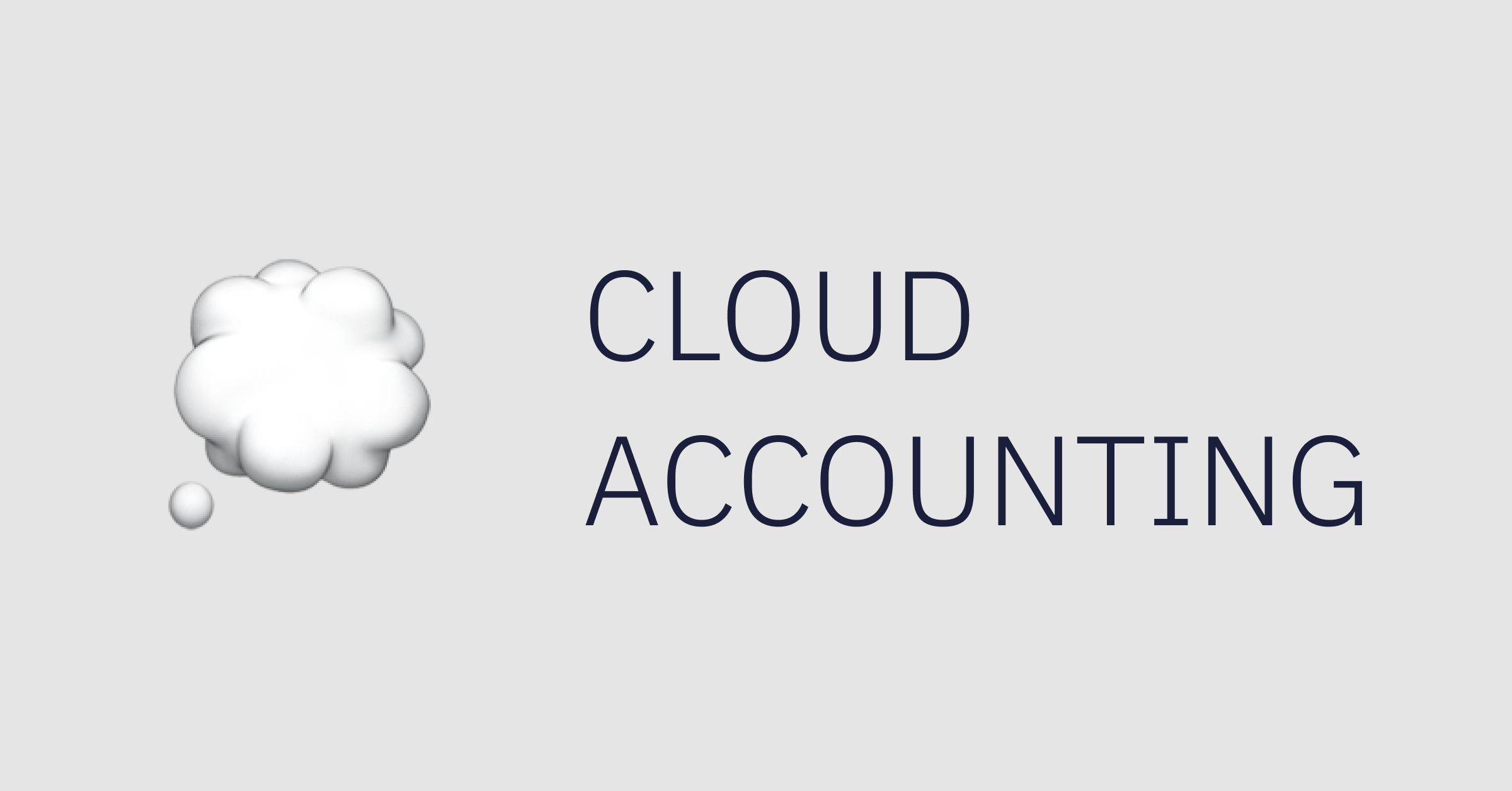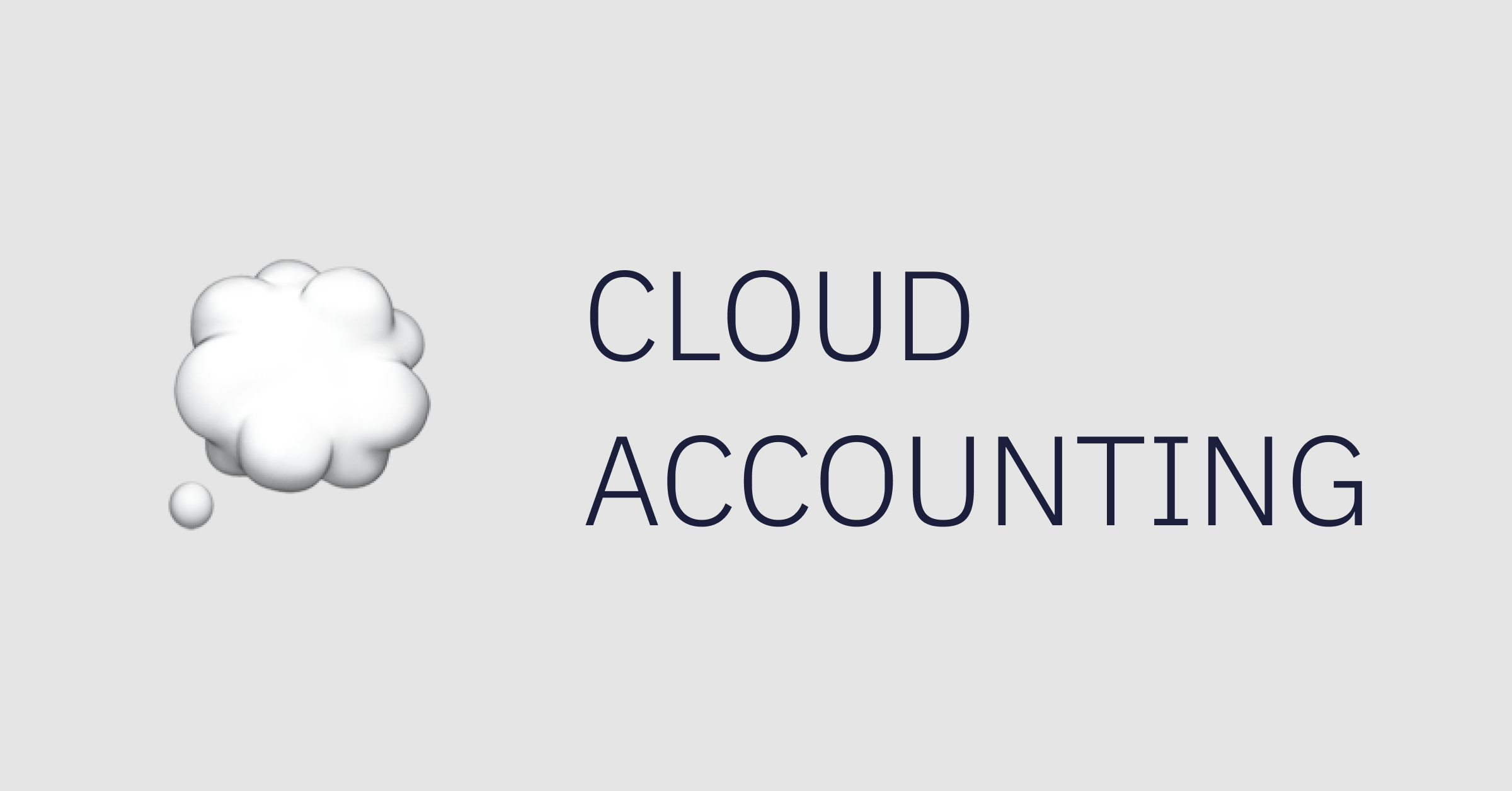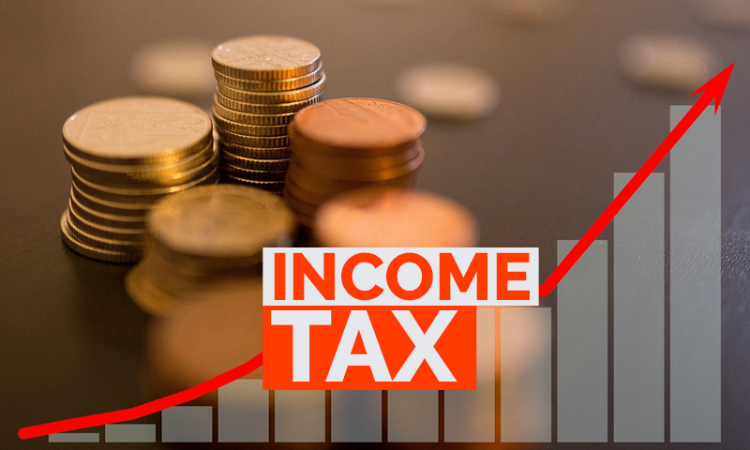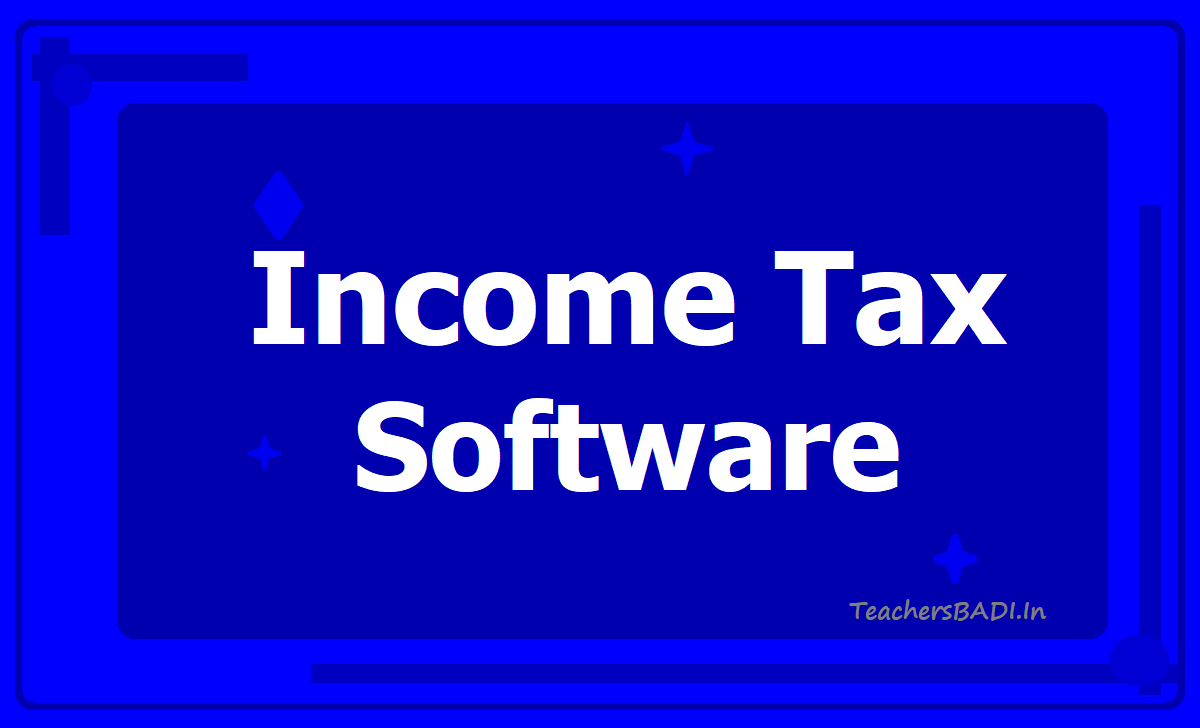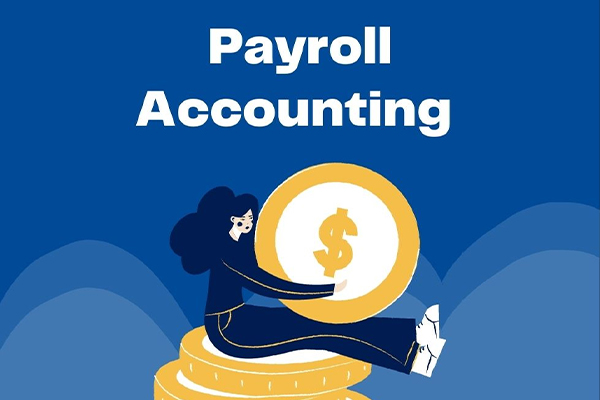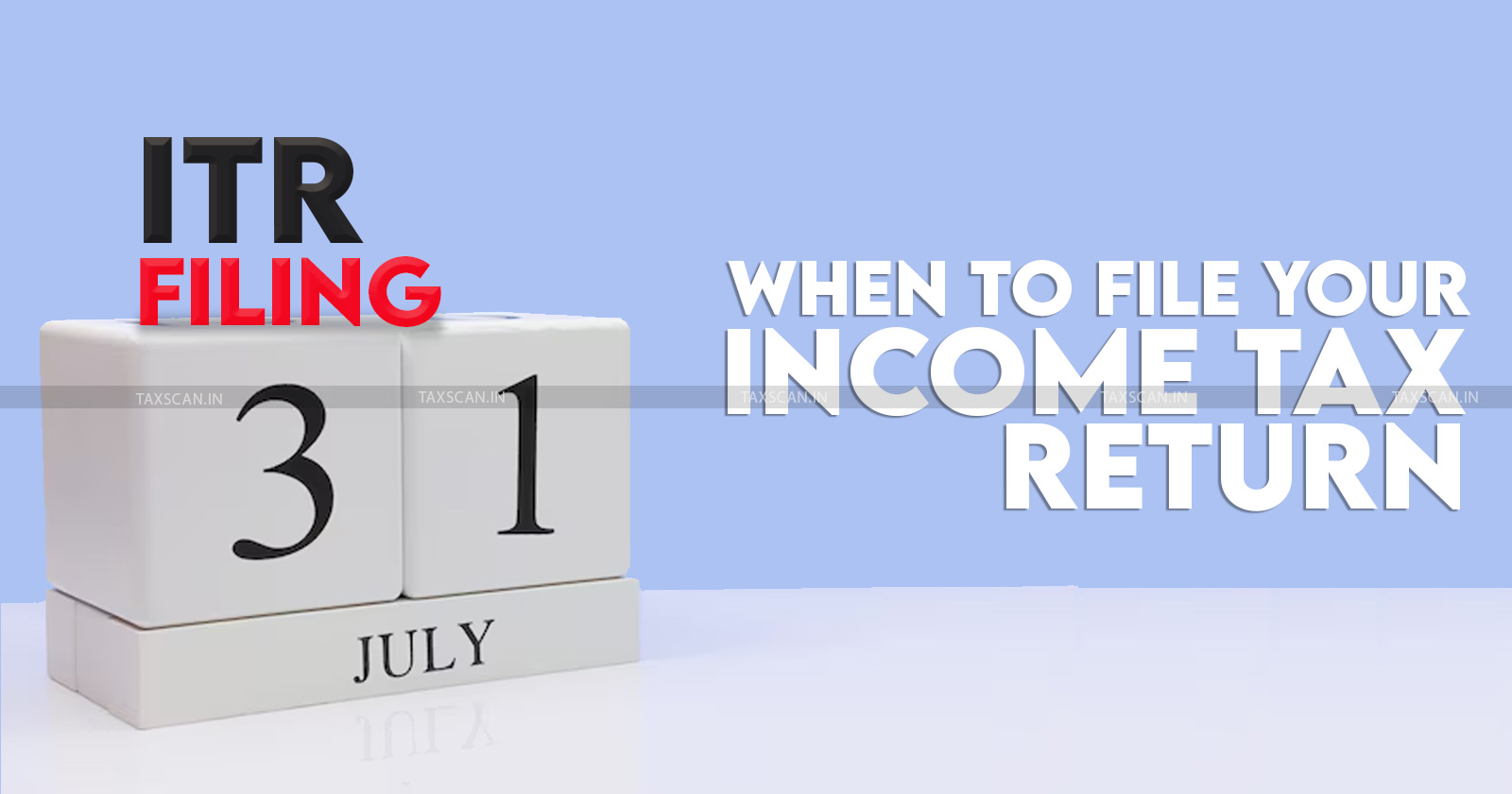Difference between Employer Identification Number (EIN) & Social Security Number (SSN)
In the realm of U.S. identification numbers, two primary types often come into discussion: the Employer Identification Number (EIN) and the Social Security Number (SSN). Although both are nine-digit identifiers issued by the U.S. government, they serve distinct functions and are used in different contexts. This article explores the key differences between EINs and SSNs, their purposes, and their applications.
In the realm of U.S. identification numbers, two primary types often come into discussion: the Employer Identification Number (EIN) and the Social Security Number (SSN). Although both are nine-digit identifiers issued by the U.S. government, they serve distinct functions and are used in different contexts. This article explores the key differences between EINs and SSNs, their purposes, and their applications.
What is an EIN?
An Employer Identification Number (EIN) is a unique nine-digit number assigned by the Internal Revenue Service (IRS) to businesses operating in the United States. It is often referred to as a Federal Tax Identification Number and is used to identify a business entity.
What is an SSN?
A Social Security Number (SSN) is a unique nine-digit number issued by the Social Security Administration (SSA) to U.S. citizens, permanent residents, and temporary (working) residents. It is primarily used to track individuals for Social Security purposes but has become a universal identifier for various government and private sector activities.
Key Differences between EIN and SSN
1. Purpose and Use
EIN: Used for identifying business entities for tax-related purposes, hiring employees, and conducting various business operations.
SSN: Used for identifying individuals for Social Security purposes, tax filing, and eligibility for government benefits. It also serves as a personal identifier for financial and employment purposes.
2. Issuing Authority
EIN: Issued by the Internal Revenue Service (IRS).
SSN: Issued by the Social Security Administration (SSA).
3. Format
EIN: The format is XX-XXXXXXX.
SSN: The format is XXX-XX-XXXX.
4.Eligibility
EIN: Available to any business entity, including sole proprietorships, partnerships, corporations, and non-profit organizations.
SSN: Issued to U.S. citizens, permanent residents, and certain temporary residents.
5. Application Process
EIN: Can be applied for online, by fax, mail, or phone through the IRS.
SSN: Application is made through the SSA, typically during the citizenship or residency process, or through a local SSA office.
Conclusion
In summary, while both EINs and SSNs are nine-digit identification numbers issued by the U.S. government, they serve distinct purposes and are used in different contexts. An EIN is essential for businesses to comply with federal tax regulations and to conduct various business activities. In contrast, an SSN is crucial for individuals to access Social Security benefits, file taxes, and for personal identification in financial and employment matters. Understanding the differences between these two numbers ensures proper compliance with legal and financial requirements for both individuals and businesses.


